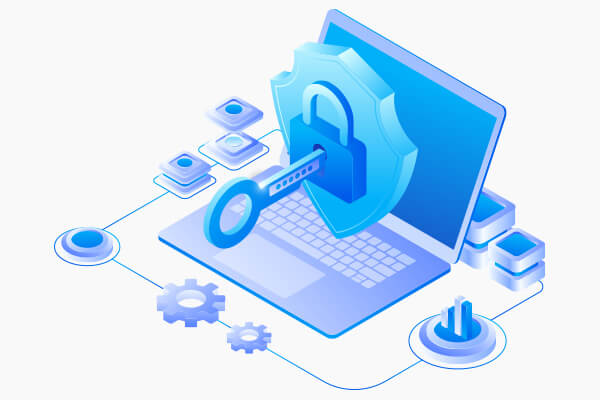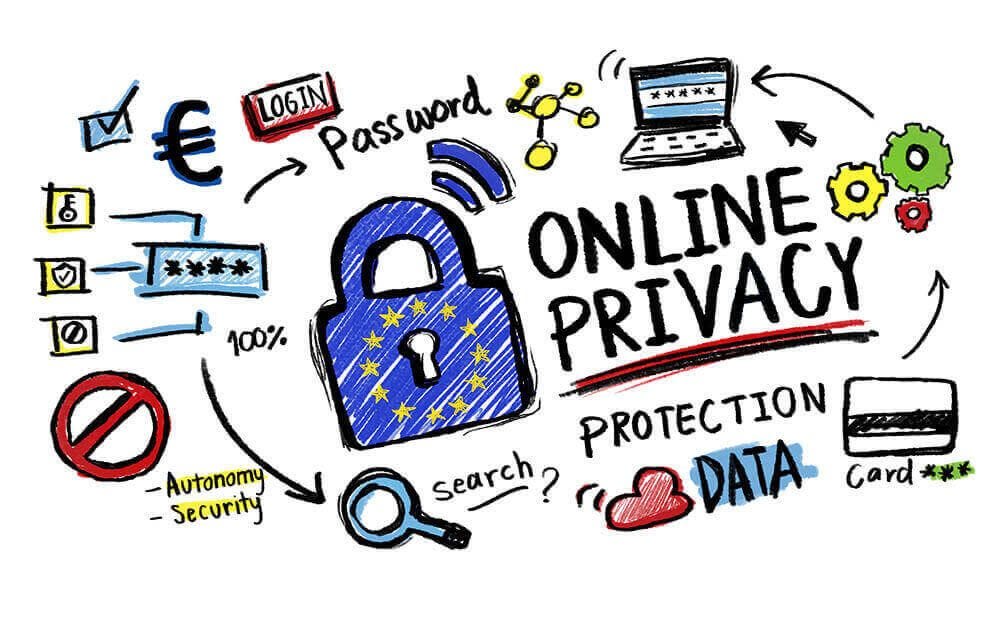Introduction
In today’s digital age, data privacy has become more crucial than ever. As businesses and individuals increasingly rely on technology, the amount of personal data being collected, stored, and processed continues to grow. This article explores the importance of data privacy, its implications, and how you can protect your personal information in an increasingly connected world.
What is Data Privacy?
It refers to the protection of personal information from unauthorized access and use. It encompasses the practices and policies that ensure data is collected, handled, and stored in a manner that safeguards the privacy of individuals.

Why is Data Privacy Important?
The importance of this cannot be overstated. Here are several reasons why it matters:
– Protecting Personal Information: Data privacy ensures that sensitive information such as financial records, medical histories, and personal identifiers are kept confidential and secure.
– Building Trust: When businesses prioritize data privacy, they build trust with their customers. This trust is essential for maintaining long-term relationships and customer loyalty.
– Legal Compliance: Many regions have stringent data protection laws (like GDPR in Europe and CCPA in California) that require organizations to handle personal data responsibly.
– Preventing Identity Theft: Robust data privacy measures can prevent identity theft and fraud, which can have devastating effects on individuals’ lives.
– Avoiding Financial Loss: Data breaches can be costly. Companies that fail to protect customer data may face significant fines and legal fees, as well as the cost of remediation.
Key Principles of Data Privacy
Understanding the principles of data privacy helps in implementing effective protection strategies. Here are the core principles:
Transparency
Organizations must be transparent about how they collect, use, and store personal data. This involves informing individuals about the purposes of data collection and their rights.
Data Minimization
Only the data necessary for a specific purpose should be collected. Reducing the amount of data collected minimizes the risk of misuse.
Security
Data must be stored securely to protect against unauthorized access, breaches, and other cyber threats. This involves using encryption, secure storage solutions, and regular security audits.
Accountability
Organizations should be accountable for their data-handling practices. This means having clear policies and procedures in place and ensuring compliance through regular audits and assessments.

Impact of Data Privacy Breaches
Data privacy breaches can have severe consequences for both individuals and organizations. Here are some potential impacts:
For Individuals
– Financial Loss: Identity theft and fraud can lead to significant financial loss.
– Emotional Distress: Victims of data breaches may experience stress, anxiety, and a loss of trust in institutions.
– Reputation Damage: Personal information leaks can damage an individual’s reputation and social standing.
For Organizations
– Legal Consequences: Non-compliance with data protection laws can result in hefty fines and legal action.
– Financial Loss: Beyond fines, data breaches can lead to loss of business, as customers may choose to take their business elsewhere.
– Reputation Damage: A data breach can severely damage an organization’s reputation, leading to a loss of trust and customer loyalty.
How to Protect Your Data Privacy
Protecting your data privacy involves a combination of practices and tools. Here are some steps you can take:
Use Strong Passwords
Create strong, unique passwords for each of your accounts. Use a mix of letters, numbers, and special characters to make your passwords more secure.
Enable Two-Factor Authentication (2FA)
Two-factor authentication adds an extra layer of security by requiring two forms of verification before accessing your accounts.
Be Cautious with Sharing Information
Be mindful of the information you share online, especially on social media. Avoid sharing sensitive personal information publicly.
Use Secure Connections
Ensure that the websites you visit are secure by checking for HTTPS in the URL. Avoid using public Wi-Fi for transactions or accessing sensitive information.
Keep Software Updated
Regularly update your software and devices to protect against vulnerabilities and threats. This includes operating systems, browsers, and antivirus programs.

The Role of Businesses in Data Privacy
Businesses play a critical role in ensuring data privacy. Here’s how they can contribute:
Implement Robust Security Measures
Adopt advanced security measures like encryption, firewalls, and intrusion detection systems to protect customer data.
Regular Audits and Assessments
Conduct regular audits and assessments to ensure compliance with data protection laws and to identify potential vulnerabilities.
Employee Training
Train employees on its best practices and the importance of protecting customer information. Awareness can prevent accidental breaches.
Clear Privacy Policies
Develop and maintain clear privacy policies that outline how data is collected, used, and protected. Ensure customers are aware of these policies.
Data Privacy Laws and Regulations
laws vary by region but share the common goal of protecting individuals’ privacy rights. Here are some key regulations:
General Data Protection Regulation (GDPR)
GDPR is a comprehensive data protection law in the European Union that governs how organizations handle personal data. It emphasizes transparency, security, and accountability.
California Consumer Privacy Act (CCPA)
CCPA grants California residents rights regarding their data, including the right to know what information is collected and the right to request its deletion.
Health Insurance Portability and Accountability Act (HIPAA)
HIPAA protects sensitive patient health information from being disclosed without the patient’s consent or knowledge.
Future Trends in Data Privacy
The landscape of data privacy is continually evolving. Here are some future trends to watch:
Increased Regulation
Expect stricter data privacy regulations globally as governments respond to growing concerns over data security and privacy.
Privacy by Design
Organizations will increasingly adopt privacy by design principles, embedding data privacy into the development of new technologies and business practices.
Enhanced Consumer Rights
Consumers will gain more control over their data with new rights and protections, empowering them to make informed decisions about their personal information.
Conclusion
It is a critical issue in today’s digital world. Protecting personal information not only safeguards individuals from harm but also builds trust and credibility for businesses. By understanding the importance of data privacy and implementing robust protection measures, we can navigate the digital landscape securely and confidently.
It refers to the protection of personal information from unauthorized access and use, ensuring that individuals’ data is handled responsibly.
Why is data privacy important for businesses?
It is important for businesses because it builds trust with customers, ensures legal compliance, and prevents financial and reputational damage from data breaches.
How can individuals protect their data privacy?
Individuals can protect their data privacy by using strong passwords, enabling two-factor authentication, being cautious with sharing information, using secure connections, and keeping software updated.
What are some key data privacy laws?
Key data privacy laws include GDPR in the European Union, CCPA in California, and HIPAA for protecting patient health information.
What future trends can we expect in data privacy?
Future trends in data privacy include increased regulation, adoption of privacy by design principles, and enhanced consumer rights.